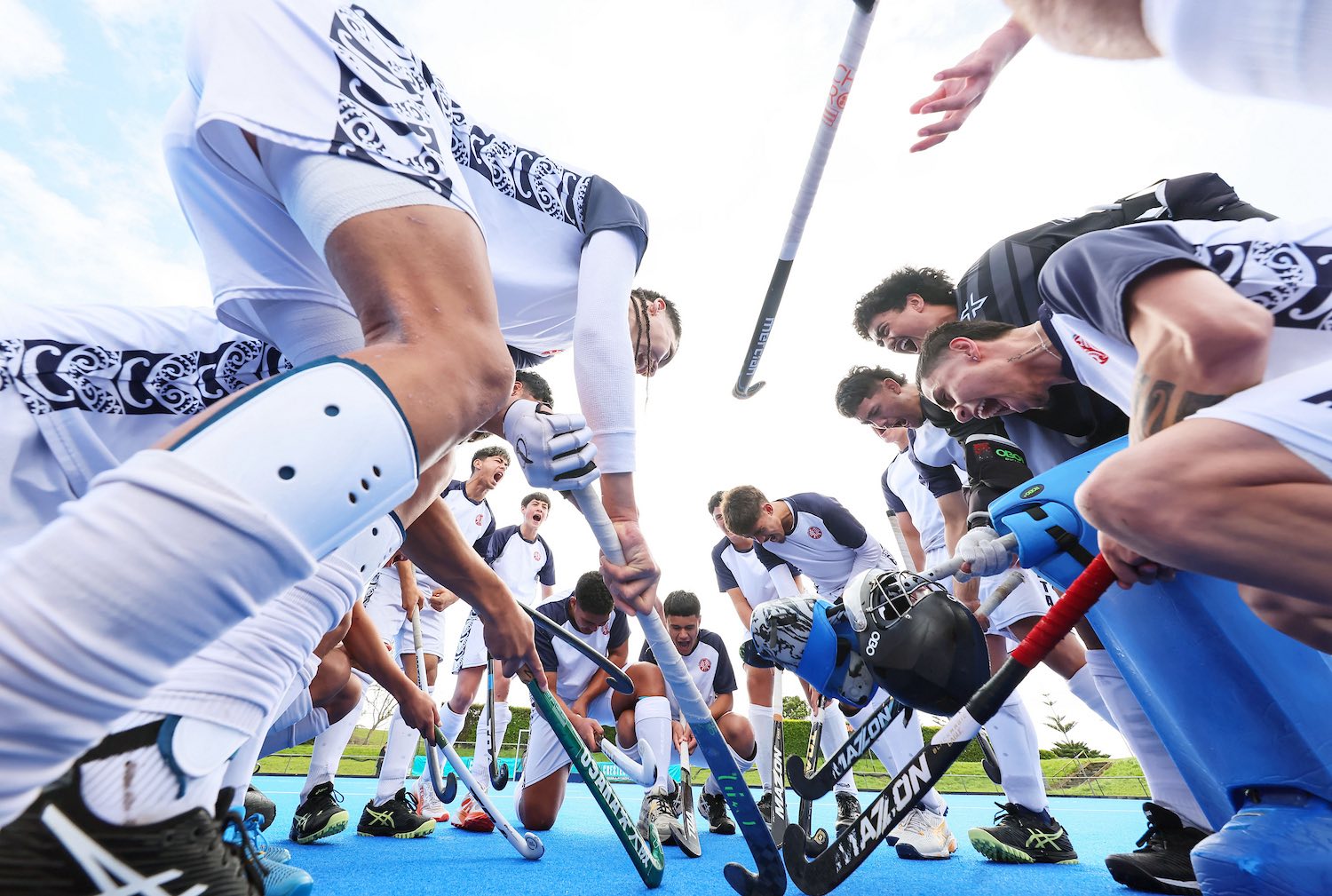“Your Legacy Is Not What You Do, It’s What Happens to People When You Do What You Do”
This year has marked one of the most successful hockey seasons in recent memory for Te Kura Kaupapa Māori o Ruamatā. With a small roll of just 200 students from Year 1 to Year 13, our kura has achieved something extraordinary. Across all age groups, students have not only claimed titles and trophies—but uplifted their whānau, kura, and wider community in the process.
Their achievements show us that legacy is less about individual deeds, and more about how people are transformed by the collective journey.
A Season to Remember
Over the course of the year, Ruamatā has delivered outstanding performances in several competitions:
- Ruamatā Mixed – Rotorua A Grade Champions
- Ruamatā Intermediate – AIMS Games Champions, placed first in the MIXED grade and also Rotorua A Grade Champions
- Ruamatā Boys – Fourth place at Rankin, Midlands Boys Champions, and Bay of Plenty (BOP) Boys Champions
- Ruamatā Girls – Recorded the highest ranking ever achieved by the girls’ team.
Each of these milestones is a credit not just to the athletes—but to a wider culture of leadership, identity, inclusion, training, and aroha that defines the kura.
Beyond the Field: Impact, Identity, and Legacy
Ruamatā’s success has roots deeper than simply athletic skill.
- Small but mighty: Ruamatā is a small kura. With roll numbers well under many of their competitors, each player’s commitment is especially significant.
- Culture and language matter: The kura has held firm in using te reo Māori on the field and in its sporting identity, even when met with opposition. Rather than backing down, this choice has become part of the kura’s story of resilience.
- Investing in the future: Coaching, daily hockey in the timetable, and a focus on character have been central. Students are shaped not only to win games, but to carry a sense of belonging, pride and purpose.
Challenges & Triumphs
The journey has not been without its hurdles:
- Discrimination: In the past, some officials and referees resisted the use of te reo Māori during matches. But that climate is changing. This year, both regional and national hockey tournaments embraced our reo, proving that te reo Māori is becoming normalised in these spaces.
- Limited resources and numbers: With a small student population, every training session, every coach, and every bit of support counts more. The effectiveness of investment in coaching, facilities, and mindset has been amplified.
- We don’t have a turf. Our primary and intermediate students train on a 20×25 meter astro grass surface. The kura, and often the coaches, purchase and source sticks for students.
- Coaches: It’s like having a second job, yet we don’t get paid for all the hours we put in. We do it for aroha; to our kaupapa and to our kids.
And yet, the victories have come—not just in medal tallies, but in breaking new ground (such as qualifying for prestigious tournaments like the Rankin Cup), in raising the profile of te reo and te kura kaupapa Māori within national sport, and in changing perceptions of what small schools can achieve.
What This Means for “Legacy”
“What happens to people when you do what you do” is the heartbeat of Ruamatā’s story. The legacies being built include:
- Increased confidence among players: that they can stand toe‑to‑toe with bigger schools, with larger resources, yet stay true to their identity.
- Strengthened cultural pride: te reo, tikanga, whānau in action—not just as background, but as tools of empowerment.
- Inspiration beyond the kura: other small schools, other Māori immersion schools, seeing Ruamatā as proof that structure, heart, and belief can lead to real results.
Acknowledgements
Thanks especially to:
- Coaches and support staff, for the long hours, patience, and belief.
- BWmedia for capturing moments on the field. (Your photos remind everyone what’s at stake.)
- Students and whānau, who live the values day in, day out.
Ruamatā’s message is clear: if you have a talent, use it to help others. End of story.
Source: Tenga Rangitauira,
Te Ao Māori News+2NZ Herald+2,

